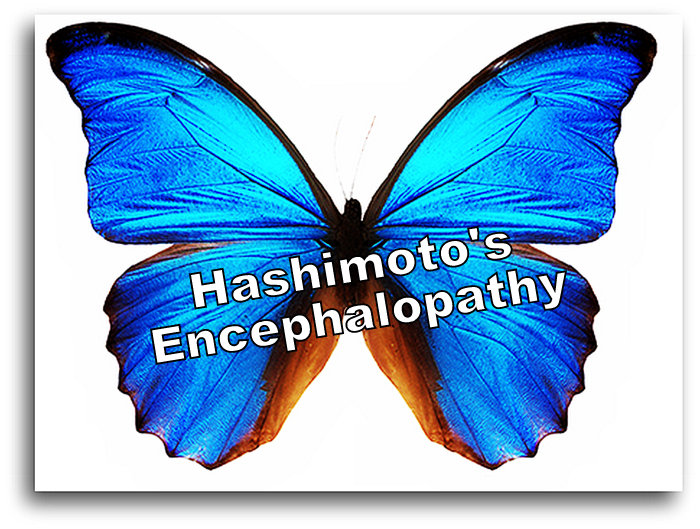Two doctors who are listening, and an interesting documentary
 This post below was originally written in 2010, and the same holds true today–that if you can find a doctor who is positive about Stop the Thyroid Madness, you at least are a step ahead of most doctors.
This post below was originally written in 2010, and the same holds true today–that if you can find a doctor who is positive about Stop the Thyroid Madness, you at least are a step ahead of most doctors.
BUT….be prepared that you will still have to guide most any doctor, which is why you need to learn from the books and website. Read! Study! Learn!! If a doctor can’t be guided, you’ve got a dud.Â
***********
Just within the last few weeks, I’ve been informed by patients that their doctor has outright recommended the patient-to-patient Stop the Thyroid Madness website or book in their newsletter, and agreed with what patients have learned. That is huge!
This also underscores the difference YOU can make in your doctors office, even when you’re not sure you did. Â You wouldn’t have even seen these kind of newsletters two years ago, and it means we’ve come a long way, baby. Though many doctors still lag behind, the following two doctors deserve our praise for LISTENING:
1) Allan Lieberman, M.D. Dr. Lieberman is the Medical Director of The Center for Occupational and Environmental Medicine in North Charleston, South Carolina. He has practiced medicine for 51 years, specializing for the last 33 years in Environmental Medicine and Toxicology.
He wrote about and recommended the STTM book in his August 19th newsletter and after a patient had given him the STTM book. You can read what he wrote here.
2) David Edelberg, M. D. is board certified in Internal Medicine and founder of Whole Health Chicago in Illinois. He is nationally recognized as one of the pioneers of integrative medicine which combines conventional medicine with alternative therapies.
 He wrote about STTM in his Sept. 14th newsletter, and it was written after a particular patient spoke “loud and clear” against a bias she felt he had, and strongly recommended STTM to him. You can read what he wrote here.
NEED MORE DOCTOR IDEAS??
Go here: http://stopthethyroidmadness.com/how-to-find-a-good-doc
*************************************
DO YOU QUALIFY TO BE IN THIS DOCUMENTARY??
I have been notified by a production company that they are working on a documentary about people who have reversed symptoms of Alzheimer’s and dementia such as memory loss and cognition problems through natural means.
But they are also interested in interviewing thyroid patients who have had severe memory and cognitive issues before their thyroid was corrected, and which went away afterwards. The key here is “severe”, then the use of natural desiccated thyroid.
i.e. If you are someone who had severe brain fog which went away with natural desiccated thyroid, you can contact them at ddvideoproductions@gmail.com or call either Patricia Tamowski at 914-582-3194 or Alan Scott Douglas at 914-482-8208.  They will then email you full details of the documentary to see if they would like to participate. This would be a good place to mention your patient site Stop the Thyroid Madness.
UPDATE: I never found out if this documentary was completed. But, there is a book out you should read with breaking information to counter Alzheimers. It’s called The End of Alzheimer’s: The First Program to Prevent and Reverse Cognitive Decline by Dale Bredesen–information which might apply to any form of dementia or memory loss….

